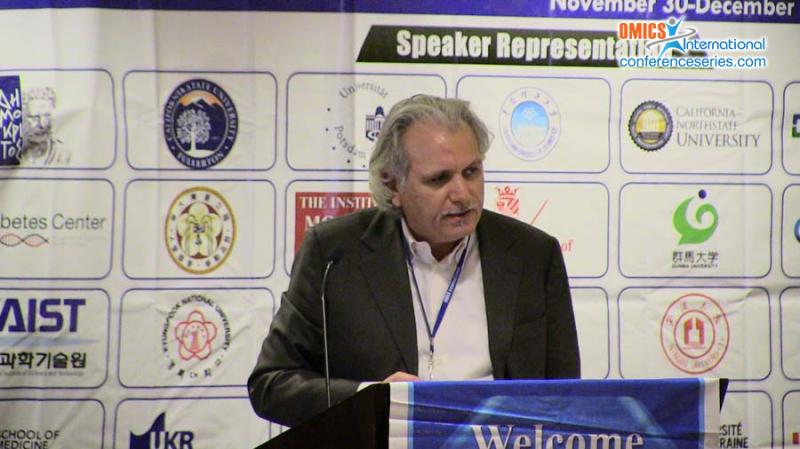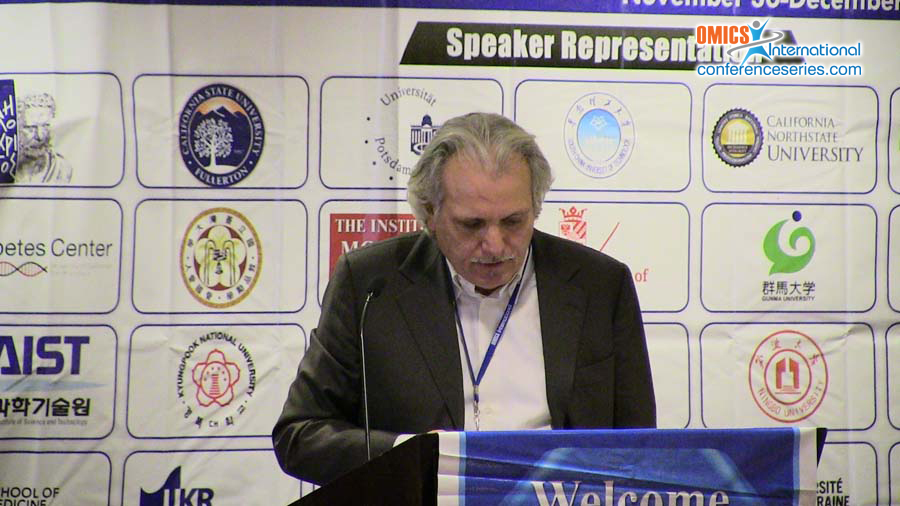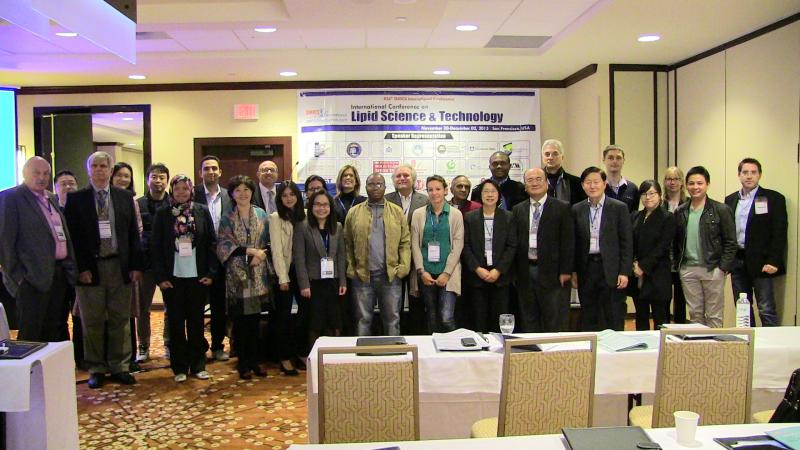
Chryssostomos Chatgilialoglu
N.C.S.R “Demokritosâ€, Greece
Title: Fatty acid-based membrane lipidomics: new insights for biomarker discovery
Biography
Biography: Chryssostomos Chatgilialoglu
Abstract
Fatty acid-based membrane lipidomics examines phospholipid components in connection with metabolic and nutritional issues. Indeed, fatty acid-based nutrition and nutraceuticals are essential to life and occupy leader positions in health market. Fatty acids are affected by stress conditions and the response occurs through two main mechanisms: i) the “chemical” response, being oxidized and trans fatty acids the most important structural changes occurring to membrane components; ii) the “remodeling” response by the activation of phospholipase enzymes (in particular PLA2 response), starting the cascade of lipid signaling so decisive for inflammatory and apoptotic consequences. Fatty acid-based membrane lipidomics responds to various metabolic and environmental conditions and we contributed to the study of basic mechanisms of free radical and metabolic stress, modeling the effects in liposome, cellular and animal models. A strong analytical methodology for lipidomic profiling was set-up to evidence positional and geometrical fatty acid isomers, which cannot be examined by mass spectrometry. New knowledge on the role of positional isomers has been acquired in healthy and pathological (obesity) conditions, highlighting the monounsaturated fatty acid biomarker sapienic acid (6cis-16:1) as novel biomarker. In nutrition and nutraceuticals, cis lipid geometry is essential for life, to ensure membrane fluidity and properties, and also fatty acid sources in foods must not contain the trans isomers, which are unnatural. By a suitable geometrical trans fatty acid library new insights will be given, showing the mono-trans isomers of the omega-3 PUFA, such as EPA and DHA, with important applications in lipid metabolism and nutraceuticals



